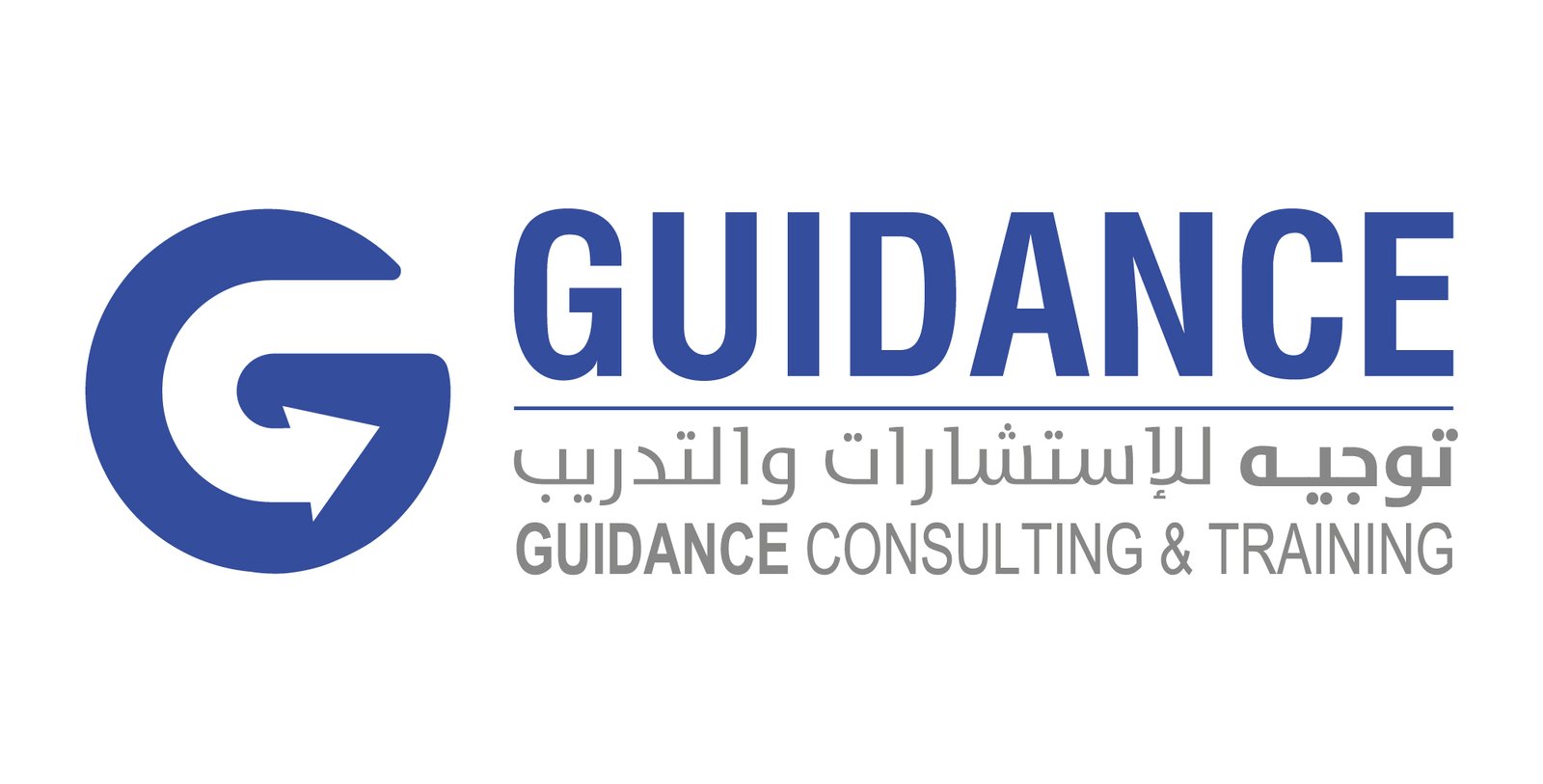ISO 26000 Social Responsibility Management System
ISO 26000 Social Responsibility Management System is an international standard developed to help organizations understand and effectively implement social responsibility by integrating it into their internal and external activities. Implementing the system helps organizations implement “socially responsible” behaviors as part of their external policy and business practices, allowing them to contribute to local and global environmental, social, and economic development.
ISO 26000 Social Responsibility Management System Certification has become essential for both the short- and long-term of any organization’s success. ISO 26000 certification qualification services will enable you to secure a better future for your organization.
The seven principles that support the ISO 26000 System:
- Responsibility
- Transparency
- Ethical behavior
- Respect for the interests of stakeholders
- Respect for the rule of law
- Respect for international codes of conduct
- Respect for human rights
The standard has been designed to allow its application in all types of organizations regardless of their legal status or cultural background.
ISO 26000 Standard for Organizations and Companies
To fully understand the ISO 26000 Social Responsibility Management System standards, one must look at the definition of “social responsibility” which the standard defines as:
The responsibility of organizations for the impacts of their decisions and activities on society and the environment, through a commitment to transparency and ethical behavior that contributes to sustainable development, including the health and well-being of society, takes into account the expectations of stakeholders and complies with applicable local law, and is consistent with international codes of conduct.
The importance of the ISO 26000 Social Responsibility Management System
Recently, Social responsibility has become a major concern for companies and organizations, as pressure from the public and international organizations has increased on organizations to behave towards society in a more responsible and committed way.
By obtaining ISO 26000 certification, you can demonstrate that you provide products and services in a manner that respects stakeholders and the public.
You will also demonstrate that you care about the environment, which enhances the company’s reputation by attracting new customers and employees who want to maintain a healthy ecosystem.
In ISO 26000, seven key issues related to social responsibility are outlined in Article 6 of the standard as follows:
- Organizational governance: Decisions must be made considering society’s expectations. Accountability, transparency, ethics, and stakeholders must be key factors in the organization’s decision-making process.
- Human rights: All people have the right to fair treatment and to be free from discrimination, torture, and exploitation. The subtopics are: due diligence, human rights risk situations, avoiding complexity, resolving complaints, discrimination and vulnerable groups, civil and political rights, economic, social, and cultural rights, and fundamental principles and rights in the workplace.
- Labor practices: Employees on behalf of the organization are not commodities. The goal is to prevent unfair competition based on mistreatment and abuse. The sub-topics in this context are: labor and employment relations, working conditions and social protection, social dialogue, occupational health and safety, human development, and training in the workplace.
- Environment: The organization is responsible for reducing and eliminating unsustainable production and consumption patterns and ensuring the sustainability of individual resource consumption. The sub-topics are: pollution prevention, sustainable use of resources, mitigation and adaptation to climate change, environmental protection, biodiversity, and restoration of natural habitats.
- Fair business practices: Establishing fair competition systems, preventing corruption, promoting fair competition, and enhancing the credibility of fair business practices help to create sustainable social systems. The sub-topics are: combating corruption, responsible political participation, fair competition, promoting social responsibility in the value chain, and respect for property rights.
- Consumer issues: The organization is responsible for fair, sustainable, and equitable economic and social development promotion concerning consumer health, safety, and access. In this context, the sub-headings are: fair marketing, factual and impartial information, fair contractual practices, consumer health and safety protection, sustainable consumption, consumer service, support and resolution of complaints and disputes, consumer data protection and confidentiality, access to basic services, education, and awareness.
- Community engagement and development: The organization should be concerned with creating sustainable social structures while increasing levels of education and well-being. The sub-topics in this context are: community engagement, education and culture, job creation and skills development, technology development and access, wealth and income, health, and social investment.
Advantages and benefits of ISO 26000
Your commitment to ISO 26000 may attract more investors to your organization. In a 2016 report by The Holmes, 83% of professional investors stated that they are more likely to invest in companies known for their social responsibility. Companies that adopt social responsibility standards tend to be more transparent and honest, making them a low-risk investment, and many benefits related to the organization’s reputation and credibility in local and global circles.
Guidance for Consulting and Training
We have the knowledge and experience to help institutions and individuals, comply with the requirements of the Saudi Standards and Quality Organization, the Saudi Food and Drug Authority, and other entities that impose legal and mandatory requirements in the Saudi market.


